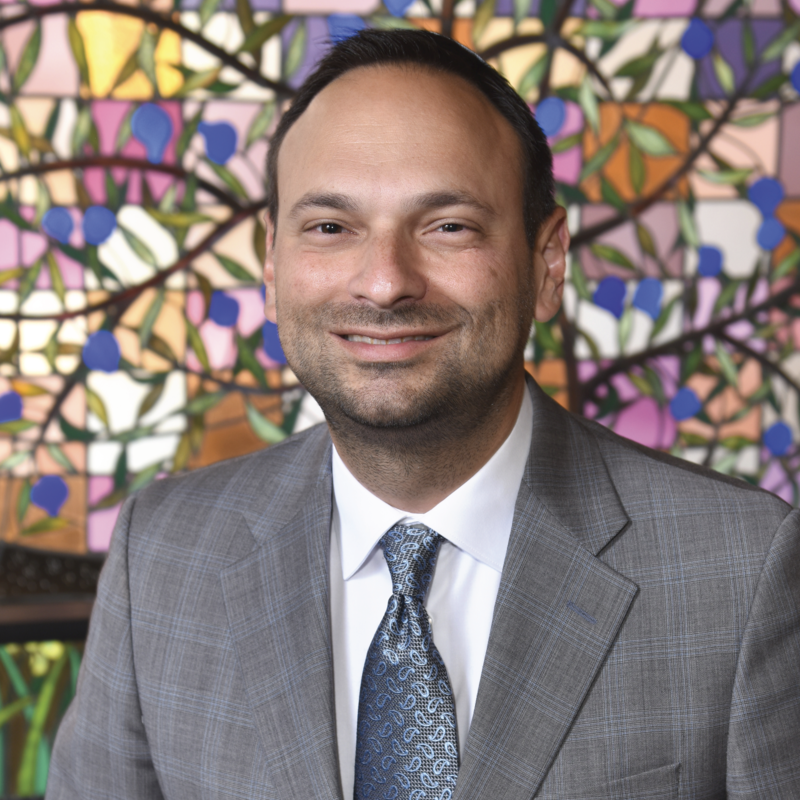- About
- Community
- Israel
-
Learn
- Our Schools
- Youth Department
- B'nai Mitzvah Program
-
Adult Learning
- Hazak
- Sayva: A New Approach to Positive Aging
- EFSHAR presents The Mystical Journey: A Month of Learning
- Talking Torah with Rabbi Lebovitz
- Weekly Torah Study with Rabbi Feinstein
- Thinking Aloud with Rabbi Nolan Lebovitz
- Discovery Circle
- VBS College of Jewish Studies
- Miller Introduction to Judaism (AJU) at VBS
- VBS Book Club
- Lunch and Learn
- The Inner Life of Men
- Adult B'nai Mitzvah Program
- OurSpace: The Artistic Spectrum of Jewish Learning for Adults
- Melton School
- Harold M. Schulweis Institute
- VBS YouTube Video Archives
- VBS Digital Media Projects
- Pray
- Volunteer
- Join
- Donate
Spiritually Cleaning the Hametz Within Our Souls
03/23/2023 01:42:27 PM
Rabbi Nolan Lebovitz
| Author | |
| Date Added | |
| Automatically create summary | |
| Summary |
Published by Exploring Judaism, March 2023

It is easy to approach Passover with a complete focus on the process of physically cleaning our kitchens, ridding our homes of every particle of Hametz. For many, this process is coupled with the physical chores of shlepping boxes and bins of our Passover utensils or dishes out of the garage and into the house.
Amidst all of this physically taxing work, it can be easy to lose sight of the spiritual preparation for this celebration of our collective redemption.
The final ritual to mark the end of the process of physical cleaning is called Bedikat Hametz, which can be understood as the symbolic last checking for Hametz. Bedikat Hametz usually occurs on the evening before the first Passover Seder. Instead of using large brooms, we use a candle and a feather. Through the light of the tiny flame, we illuminate the small crevices and we remove the last crumbs in our possession.
It is through this ritual that Rabbi Yisrael Hopstein (1734-1814), also known as the Maggid of Kozhnitz, references the inner spiritual process that is necessary before Passover.
In his Hassidic work, Avodat Yisrael, Rabbi Hopstein draws a parallel between the final act of checking for Hametz, and the individual act of self-reflection and self-betterment.
We all bear the personal responsibility to check our evil inclination in the same way as checking for our Hametz.
This reflection must encompass a process beginning with the obvious issues and concluding with our most intimate thoughts. This process is the spiritual cleaning required for a Passover free of the Hametz within our soul.
It is easier sometimes to clean the mirror than to look into it and study the person who gazes back at us.
Much of the Passover Seder reminds us that freedom arrives with expectation, liberation carries with it responsibility. We chant the Four Questions of the Ma Nishtana and understand that we aspire to teach our tradition to others, and to learn the questions necessary for raising a better, brighter future. In the Four Children, we acknowledge the complexities, the different perspectives present in our families, our communities, even within ourselves.
We remind ourselves that all of them are welcome at our table. Through the four cups of wine (or grape juice) we express gratitude for the many blessings in life.
On Passover, we reenact our people’s redemption through a communal meal. Likewise, we must mark our spiritual liberation through a spiritual process as well.
As we remove the bread from our kitchens, let’s also discard our personal grief, our frustrations, our intolerance.
Freedom can also mean a new chance, a new opportunity to live, to love, and to learn. Let the flicker of the tiny flame during Bedikat Hametz dance its way into our hearts and our souls, and inspire new possibilities in this spiritual new year.
Only we can know our own deepest struggles, and only we can address them and move past their hold over us. Passover is not only about physical freedom. It also captures a profound sense of spiritual freedom. For when we read that “with a strong hand and outstretched arm” God redeemed us from Egypt, we know that personal spiritual redemption is possible for each of us as well.
Chag Kasher V’Sameach – Happy Passover!
Author: Rabbi Nolan Lebovitz
Rabbi Nolan Lebovitz is the Senior Rabbi of Valley Beth Shalom in Encino, CA. He is currently completing his doctorate in Religion at Claremont Graduate University with a focus on the Hebrew Bible, and is the recipient of the prestigious Fulbright Fellowship. For seven years, Rabbi Lebovitz served with great distinction as rabbi of Adat Shalom in Los Angeles, a congregation he revitalized and grew, bringing younger families into the community through his teaching, his leadership and his warmth. Merging his two passions of Torah and filmmaking, he has produced two documentary films: "Roadmap Genesis" (2015) and “Roadmap Jerusalem” (2018). Ordained at the Ziegler School, he studied filmmaking as an undergraduate at the USC School of Cinema-Television. The grandchild of four survivors of the Holocaust, Rabbi Lebovitz was raised in the suburbs outside of Chicago.
Sat, April 19 2025
21 Nisan 5785



